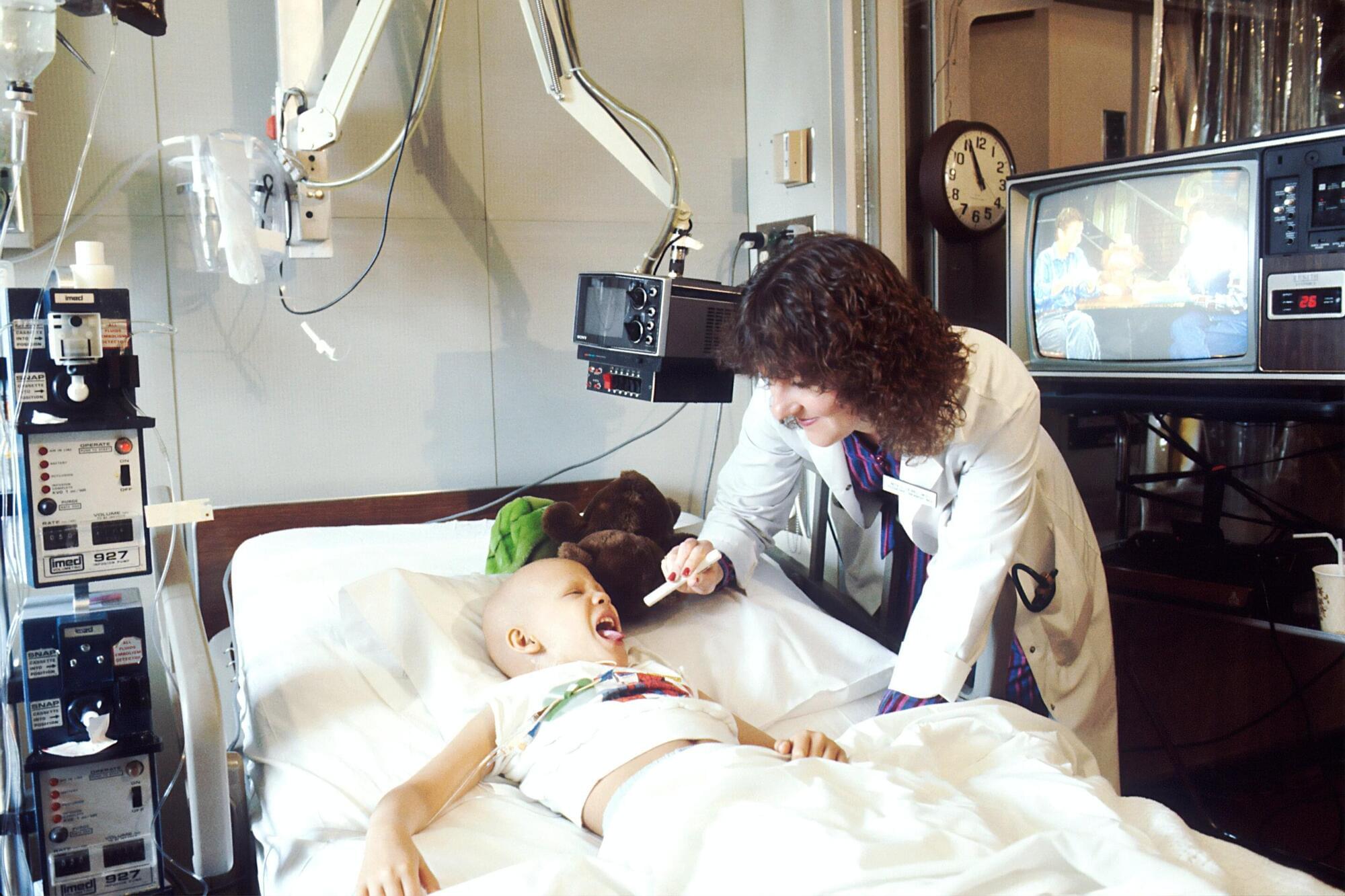In the United States, significant numbers of adults with dementia require long-term care services. For example, around 750,000 people who live in nursing homes have a diagnosis of dementia. However, transportation insecurity for this population has not received sufficient attention. Although long-term care facilities provide basic medical services, residents with dementia often need external, preventative, and follow-up care such as specialist visits, diagnostics, and dental or vision services. Without reliable nonemergency medical transportation, these needs may go unmet.
To demonstrate the extent of this problem, Postdoctoral Research Scientist Soojeong Han, Ph.D., and her colleagues reviewed existing literature on non-emergency medical transportation services for individuals with dementia living in long-term care (LTC) facilities. The study, “Transportation Services in Society for Individuals Living With Dementia in Long-Term Care Facilities: A Scoping Review,” was published in the Journal of the American Medical Directors Association.
Their review found only five publications that mentioned this topic, and even then, only briefly. Across these studies, caregivers, health care professionals, and people with dementia consistently described nonemergency medical transportation as a critical need. Reported barriers included financial strain, rural-urban disparities, lack of continuity among transportation vendors, and dementia-specific challenges such as cognitive decline, stigma, and the need for caregiver accompaniment.
